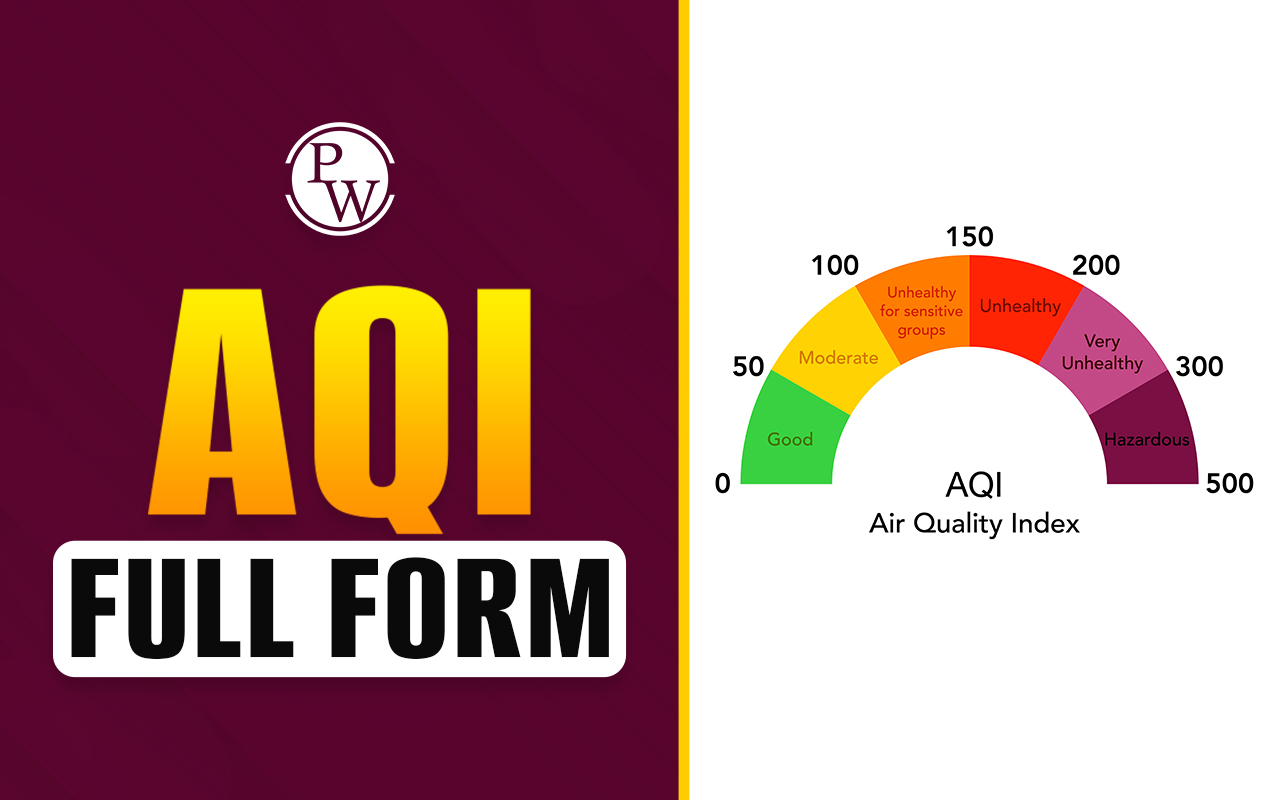

The full form of CDP is Child Development and Pedagogy, stands for Child Development and Pedagogy, which refers to the study of the growth and development of children, as well as the methods and strategies used to support and guide their development.
Child Development and Pedagogy is an interdisciplinary field that draws on theories and research from a range of disciplines, including psychology, sociology, and education, to provide a comprehensive understanding of the growth and development of children and the best methods for supporting that growth.
Background of CDP Approach
The origins of pedagogical approaches in child development and education can be traced back to ancient civilizations such as Greece and China. However, the modern-day understanding and systematic study of pedagogy can be traced back to the 18th and 19th centuries in Europe.
In Germany, for example, the philosopher Johann Friedrich Herbart (1776-1841) is considered one of the pioneers of modern pedagogy. Herbart's ideas focused on the development of a systematic approach to education that would help children reach their full potential.
Similarly, in Switzerland, the educational reformer Johann Heinrich Pestalozzi (1746-1827) developed an educational approach that emphasized the importance of hands-on experiences and play-based learning.
Stages of Child Development
Child development can be divided into various stages, starting from infancy and extending until late adolescence. Some of the key stages of child development are:
- Infancy (0-2 years): During this stage, children develop physical, cognitive, and emotional skills at a rapid pace. They learn to crawl, walk, and communicate through gestures and sounds.
- Early Childhood (2-6 years): Children in this stage continue to develop their physical and cognitive abilities, and start to develop their social and emotional skills. They learn to interact with others, develop their language and communication skills, and start to understand the world around them.
- Middle Childhood (6-11 years): Children in this stage continue to develop their social and emotional skills, and start to develop their moral and ethical understanding. They also develop their cognitive abilities and start to understand complex concepts and relationships.
- Adolescence (11-18 years): During this stage, children undergo significant physical, cognitive, and emotional changes. They develop their identity, learn to form relationships and start to understand the world in a more complex way.
Factors Influencing Child Development
Child development is influenced by a range of factors, including:
- Genetics: Children inherit genes from their parents, which play a role in determining their physical and intellectual abilities.
- Environment: The environment in which children grow and develop plays a crucial role in shaping their development. This includes the family, community, and broader cultural and societal factors.
- Nutrition: Adequate nutrition is essential for children's growth and development, as it provides the necessary nutrients for physical and cognitive growth.
- Experiences: Children's experiences, both positive and negative, shape their development and can have a lasting impact on their future.
Pedagogical Approaches
Pedagogical approaches refer to the methods and strategies used by teachers and caregivers to support children's development and learning. Some of the key pedagogical approaches include:
- Play-based learning: This approach focuses on using play as a means of promoting children's development and learning. Children encouraged to engage in activities that promote their physical, social, emotional, and cognitive growth.
- Project-based learning: This approach involves children working on projects that encourage them to apply their knowledge and skills in real-life situations. It helps to develop critical thinking, problem-solving, and collaboration skills.
- Experiential learning: This approach focuses on providing children with hands-on experiences that help them to understand complex concepts and develop their skills.
Government Programs/Initiatives
The Indian government has taken several efforts to promote child development and pedagogy in the country. Some of these efforts are:
- Right to Education Act: In 2009, the Indian government passed the Right to Education Act, which mandates that all children between the ages of 6 and 14 have the right to free and compulsory education. The act has helped to increase access to education for children in India, especially those from economically disadvantaged backgrounds.
- Sarva Shiksha Abhiyan: Launched in 2000, the Sarva Shiksha Abhiyan is a government initiative aimed at universalizing elementary education in India. The program provides support for the development of infrastructure and pedagogy, as well as teacher training and community mobilization efforts to promote education for all children.
- Integrated Child Development Services: Launched in 1975, the Integrated Child Development Services (ICDS) program provides a range of services, including pre-school education, supplementary nutrition, and health care, to children in their early years. The goal of the program is to promote holistic child development and improve health outcomes for children in India.
- National Skill Development Corporation: The National Skill Development Corporation (NSDC) is a public-private partnership aimed at promoting skill development in India. The organization provides training and certification in various areas, including early childhood care and education, to help improve the quality of education and pedagogy in the country.
- Teacher Training and Professional Development: The Indian government has made efforts to improve the quality of teacher training and professional development in the country. This includes initiatives to provide in-service training for teachers
Q1. What is child development?
Q2. What is pedagogy?
Q3. What are the stages of child development?
Q4. What factors influence child development?
Q5. Is child development the same for all children?












